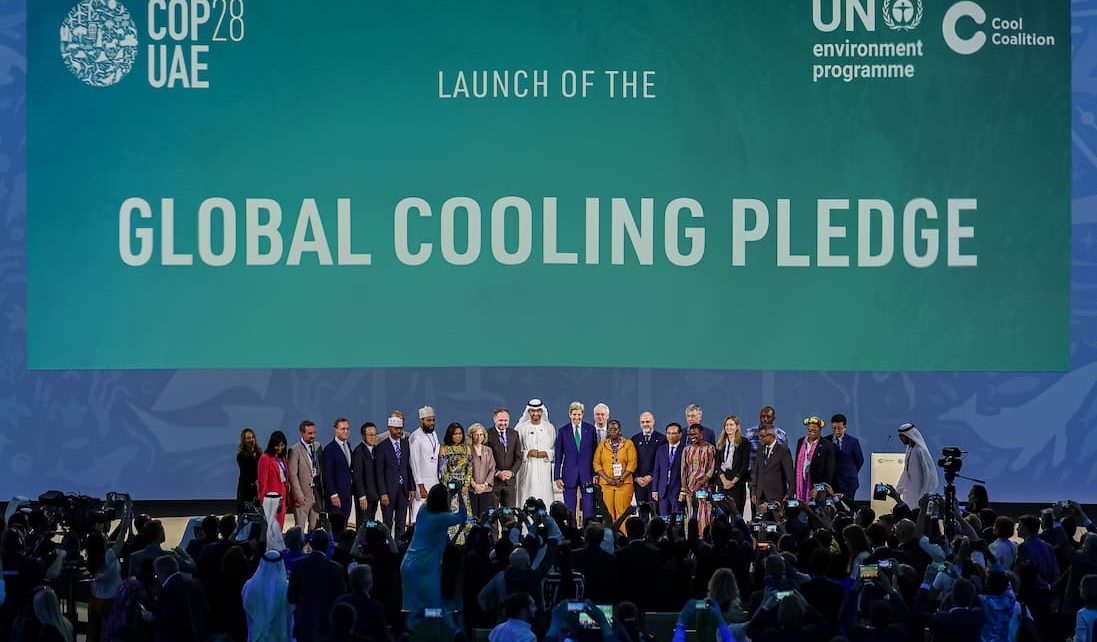
The world is welcoming with caution a landmark decision, referred to as the Global Stocktake, in which nearly 200 countries pledged to move away from fossil fuels, a breakthrough that came in the waning hours of the UN Climate Change Conference (COP28).
The final text, released on 13 December, avoided calling for the “phase out” of coal, oil and gas, as many nations had hoped.
But it did stipulate the tripling of new investments in renewable energy and the “transitioning away” from fossil fuels in power systems.
It marked the first time a COP final decision had singled out fossil fuels, whose combustion is by far the leading cause of the climate crisis.
“The deal is not perfect, but one thing is clear: the world is no longer denying our harmful addiction to fossil fuels,” said Inger Andersen, the Executive Director of the United Nations Environment Programme (UNEP), in a wrap up statement.
According to the 2023 edition of the Emissions Gap Report, released in the lead up to COP28, nations must cut emissions by 42 per cent by 2030 to limit warming to 1.5°C above pre-industrial levels.
To work towards this, 27 countries pledged to the Buildings Breakthrough, and more than 60 countries joined the Global Cooling Pledge and Global Methane Pledge.
Events at the UNEP Pavilion showcased climate action solutions and shed light on the roles of robust science, data, transparency, and climate justice.
A number of entities related to UNEP showcased solutions, including the Faith Pavilion, co-hosted by UNEP’s Faith for Earth initiative.


